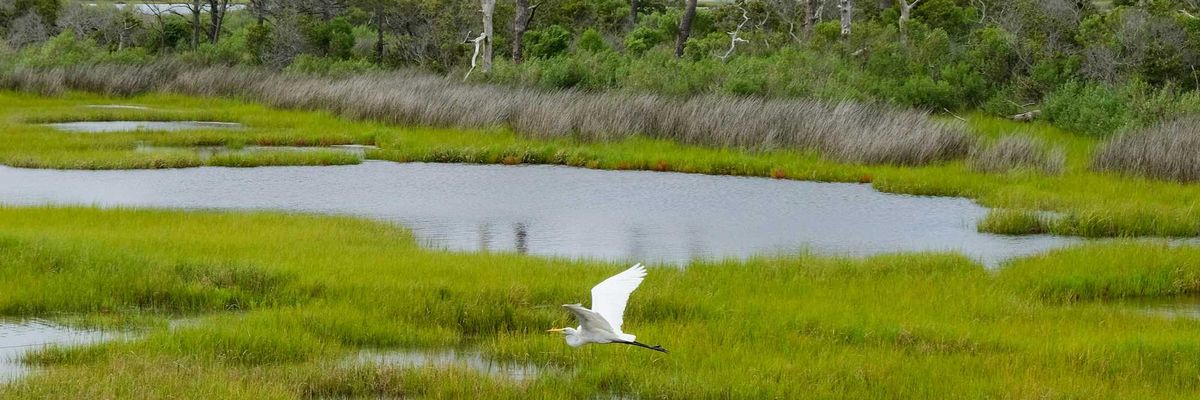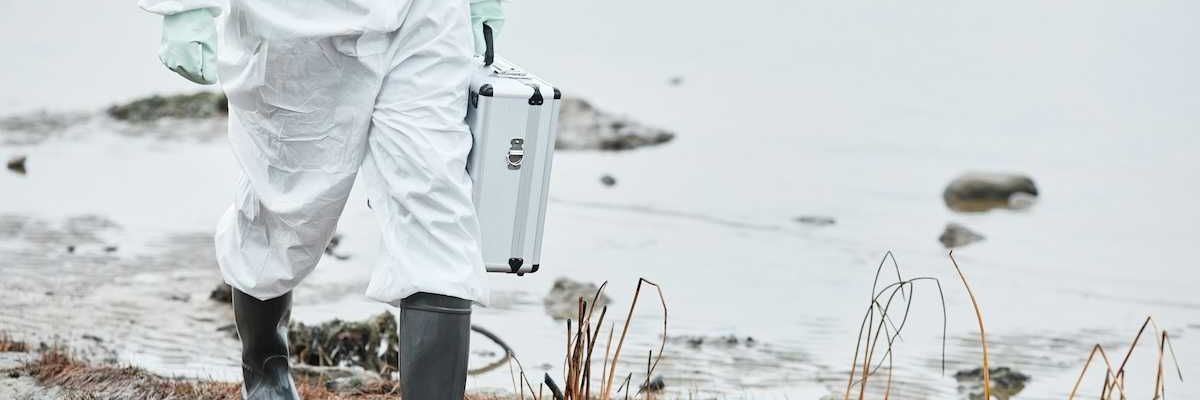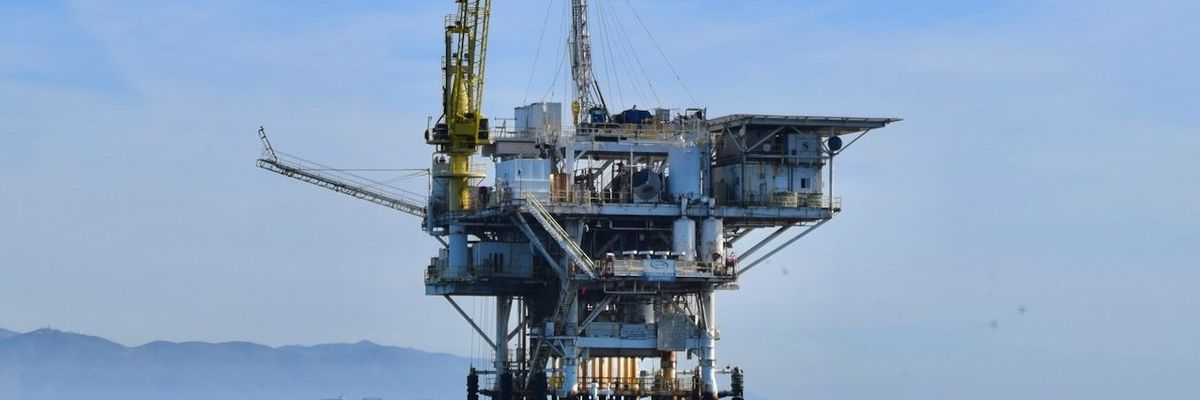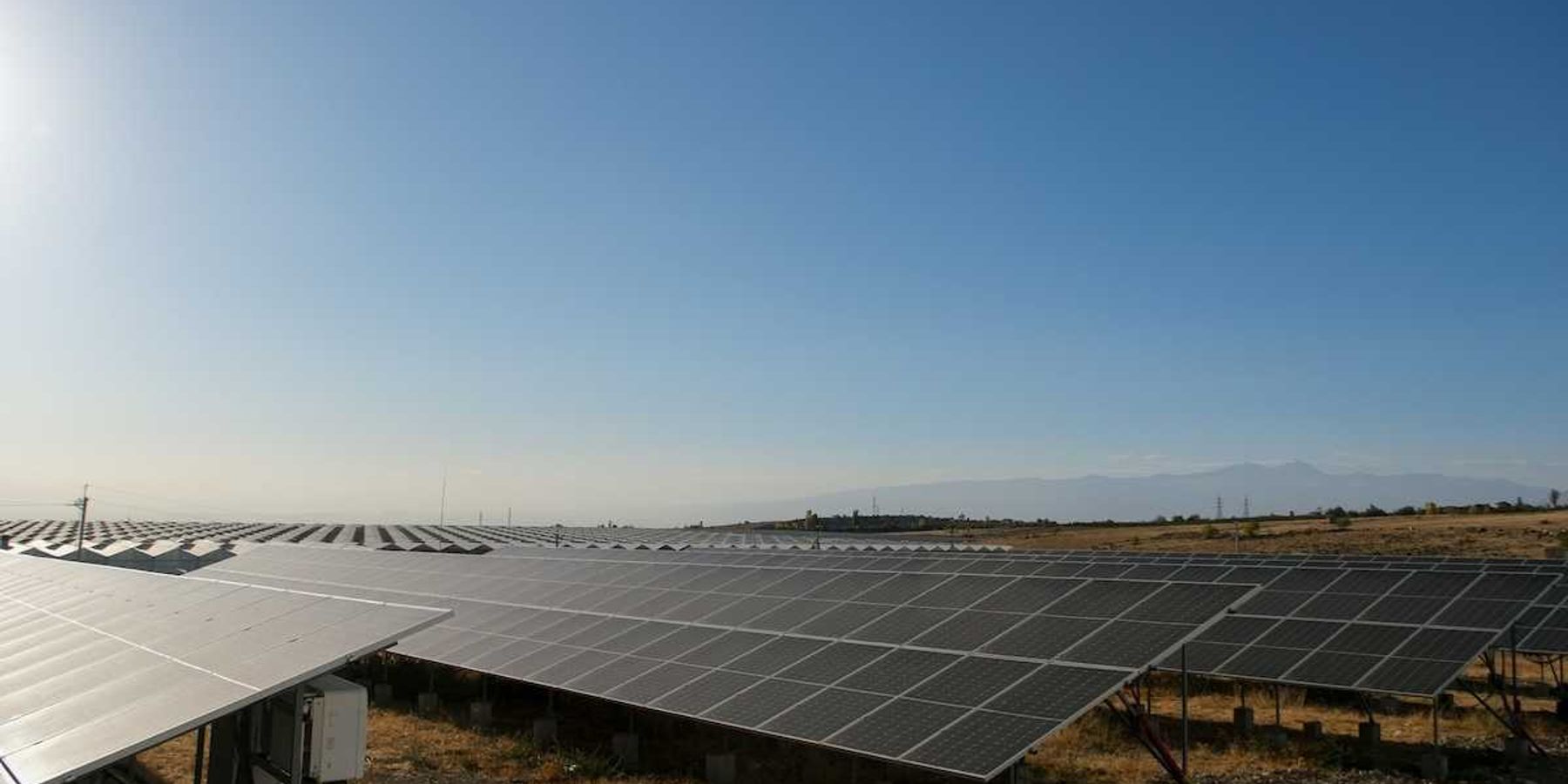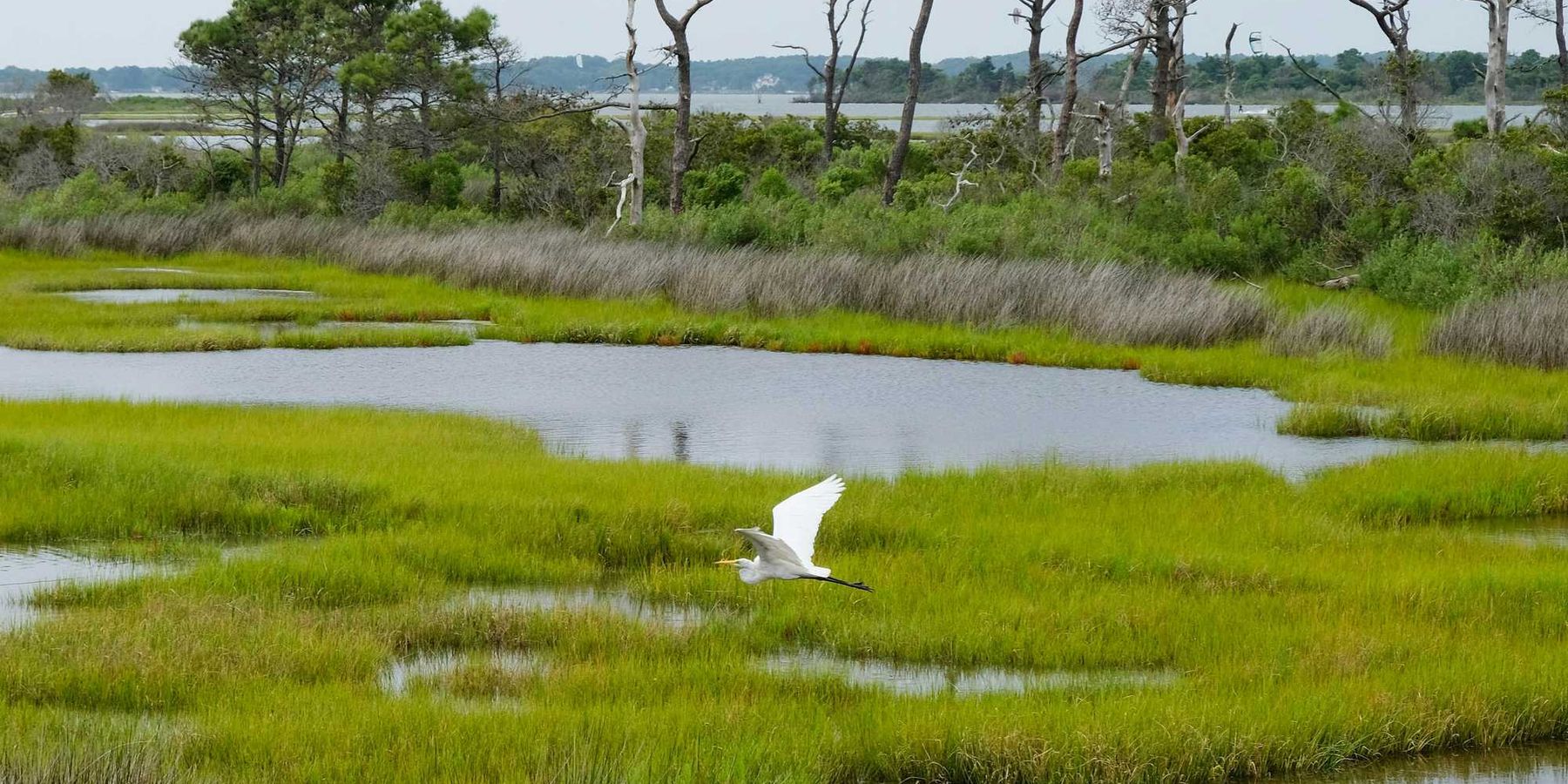epidemiology
Popular
Rethinking our approach to zoonotic diseases in a changing world
Despite historical attempts to eliminate diseases, experts now suggest focusing on control and coexistence.
In short:
- Many diseases, like Lyme and malaria, cannot be eradicated due to their complex ecologies involving multiple hosts and vectors.
- Recent efforts focus on prevention, like using narrow-spectrum antibiotics in natural reservoirs and developing gene-edited mosquitos.
- Historical efforts to eradicate diseases, such as the Soviet campaign against plague, have largely failed and shifted to containment strategies.
Key quote:
"Shifting our resources — which are limited — to prevention and surveillance is the only way to go."
— Susan Jones, ecologist and historian at the University of Minnesota
Why this matters:
Understanding the complexity of zoonotic diseases indicates a need for sustainable prevention strategies rather than eradication. Read more: Cutting forests and disturbing natural habitats increases our risk of wildlife diseases.
Keep reading...Show less
Newsletter
Climate change is changing public health
In Washington, a new team of epidemiologists is preparing for a hotter, smokier future.
www.nytimes.com
Death toll from Texas winter storm continues to rise
Epidemiologists examining causes of deaths reported from Feb. 11 to March 5 have added 59 deaths to the storm’s toll, bringing it to 210.
Many Americans are lactose intolerant. A federal lawsuit challenges USDA dietary guidelines on dairy
The USDA is charged with marketing American dairy and telling us how much milk to drink. Doctors file a lawsuit, saying this is a conflict.
www.fairwarning.org
Moving away from fossil fuel: The escalating push for setbacks from drilling sites
How far away from oil and gas wells is safe? Scientists and activists are calling buffer zones between wells and homes into question.
Newsletter
Thomas E. Lovejoy: To prevent pandemics, stop disrespecting nature
A leading conservationist and biodiversity scholar, with decades of experience in the Amazon, reflects on the lessons of COVID-19.
Tracking animal diseases could help spot the next COVID-19
The veterinary telemedicine company VetNow is teaming up with Smithsonian scientists to detect animal disease outbreaks remotely—before these “zoonotic” viruses jump over to humans.
ORIGINAL REPORTING
MOST POPULAR
CLIMATE

